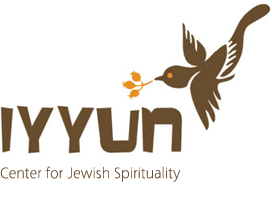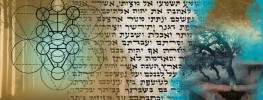First day Torah reading
The first day’s reading from the Torah, as well as the reading from the Prophets (known as the Haftarah), both concern stories of births to barren women. According to the Talmud, Sarah (whose story is recounted in the Book of Genesis) and Chana (whose story is recounted in the Book of Shmuel) both were remembered in heaven at this auspicious time, which is a cosmic time for birth and rebirth.
The reading of the Torah is called Kriat HaTorah, the word keriah meaning “to call out,” as in one friend calling out to another. When we read the Torah, we call out to God and, thus, bring down the same energy that gives power to the verses we are reading.
Understandably, when we are listening to the Torah being read, we should do so with proper respect and an inner sense of awe. The reading, the calling out, draws down the Creator’s blessings. As we read how God remembered Sarah and Chana, we evoke the same remembrance for ourselves, asking that God may remember us for goodness and blessing as well, and that on the day which is the birthday of the universe, new channels should open up, and it should be a year of revealed goodness.
Second day Torah reading
The general purpose of the second day’s readings, both of the Torah and the Haftarah, is to draw on the merits of our ancestors. The Torah reading concerns the offering of Yitzchak by Avraham, which according to the Zohar occurred on Rosh Hashanah; by reading this portion of the Torah, coupled with the blowing of the shofar, we evoke the merits of these patriarchs.
The Haftarah also speaks of the merits of the people of Israel. The selection from the Book of Yermiyahu quotes God as saying, “Is Ephraim not My beloved son, is he not a precious child that whenever I speak of him I recall him even more?.”
When we read these verses, we draw on the merits of our ancestors for blessing and for protection, and even more importantly, for strength to reach their levels of spirituality. Yitzchak’s self-surrender stands out in that he was the first to pass a test of such magnitude, and, thus, he opened the path for generations to come to attain similar heights. By reading this Torah portion, we are empowering ourselves, so that in the new year our actions will be founded on such dedication and commitment.








